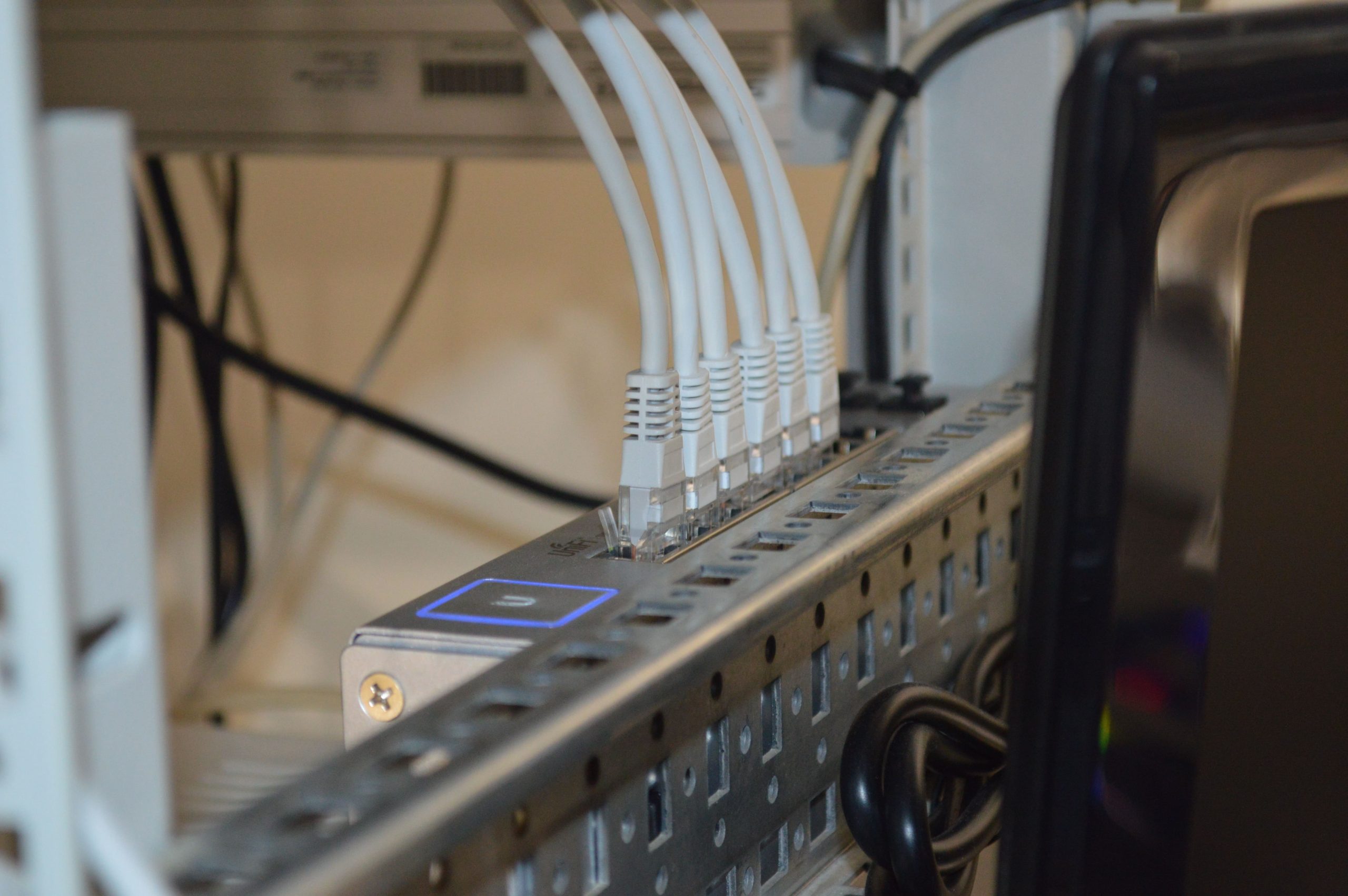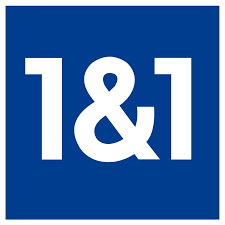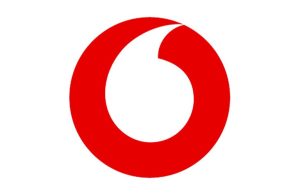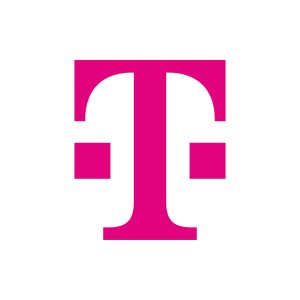Searching for a new DSL internet plan?
In this article, we’ve explained the 5 best DSL offers for new customers in Germany at the moment.
After, we’ve explained what you need to know when choosing a DSL internet provider.
Best DSL offers for new customers
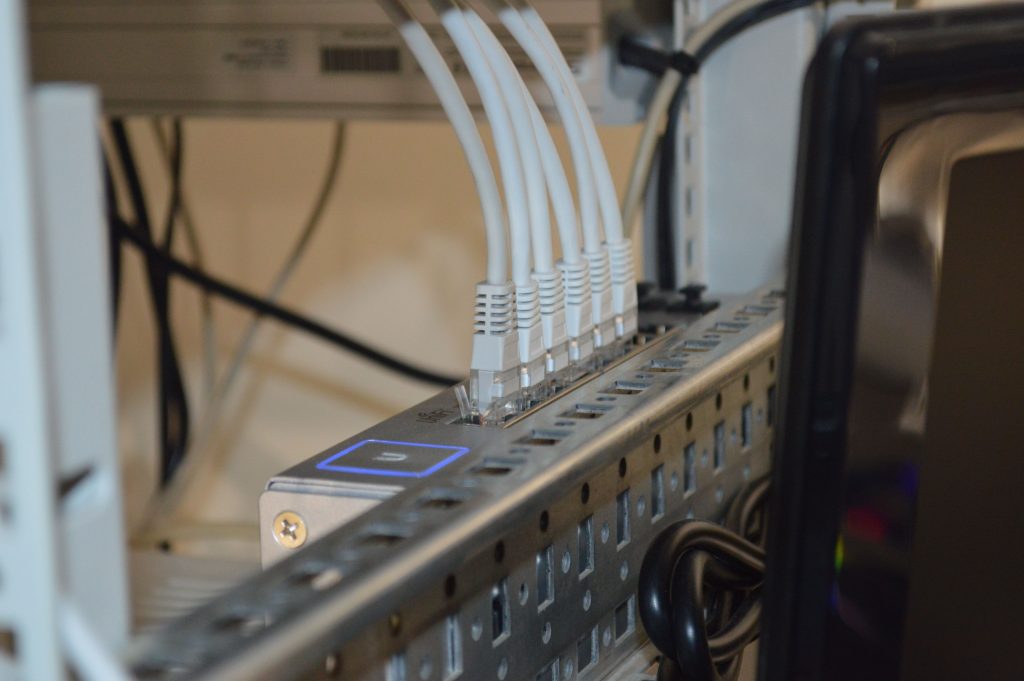
Let’s get started.
In this section, we’ve reviewed 5 of the best DSL internet offers for new customers in Germany in 2025.
We’ve assessed each provider based on their speeds, monthly costs, upfront costs, and add-ons/free gifts offered.
1. 1&1 DSL Internet
1&1 nearly always has some of the cheapest DSL offers for new customers in Germany – if you’re looking for cheap internet, we’d definitely recommend checking them out.
Their monthly costs are very low, especially during the first 12 months of the 24 month contract. And although they do have a connection fee, 1&1’s router rental charges are very reasonable when compared to some other providers.
You can get download speeds up to 250 Mbit/s with 1&1 DSL, and they guarantee good WLAN performance on all of your devices. What’s more, you have the option to test 1&1 for 30 days, and cancel if you’re not satisfied with their service.
The other thing to note about 1&1 is they have a huge range of different add-ons you can choose to include, if these are of interest, such as landline phones, Wi-Fi signal boosters, Samsung notebooks/tablets, and TV packages. These can be helpful, but might be a bit of a distraction if you’re just looking for DSL internet.
Overall, if you’re looking to save as much money as possible on a new DSL internet deal, it’s hard to go past 1&1.
Pros
Cons
Overall value rating
⭐⭐⭐⭐⭐
Price
2. Vodafone DSL Internet
Vodafone isn’t quite as cheap as 1&1 when you compare their DSL internet plans with similar download speeds. However, they’re definitely still worth considering.
The best thing about Vodafone DSL is it comes with their “SuperWLAN” add-on. This means that you get a Wi-Fi 6 router, giving you very strong WLAN signal, as well as access to extra Vodafone support when troubleshooting Wi-Fi connection issues.
Although you still have to pay for an EasyBox or FRITZ!Box router, the monthly costs for this are low, even cheaper than 1&1. Plus, Vodafone doesn’t charge an upfront cost, unlike nearly all other German DSL providers.
Despite Vodafone’s monthly costs being fairly high, they do offer you credit towards your bills when you sign up, effectively giving you a few free months of broadband access.
Plus, as a Vodafone mobile customer, if you sign up for Vodafone internet, you get a significant discount on your bill each month, as well as extra mobile data.
Pros
Cons
Overall value rating
⭐⭐⭐⭐⭐
Price
3. Maingau Energie DSL Internet
Like Vodafone and O2, which offer discounts for existing mobile customers, Maingau Energie offers cheaper DSL internet plans for existing gas and electricity customers.
Whether you’re a Maingau customer already or not, their monthly costs are quite reasonable. Plus, they often waive the setup fee, even on their cheaper DSL internet deals.
The other good thing about Maingau is they offer the option of a 12 month contract. You don’t have to enter into a 24 month agreement, like with most other DSL offers on this list.
Although Maingau’s router rental fees aren’t the cheapest, they do offer you the ability to buy the router outright from them, if you’d prefer to avoid increasing your monthly cost.
Overall, if you’re looking for cheap DSL internet, we’d definitely recommend checking out Maingau, even if you’re not an existing energy customer.
Pros
Cons
Overall value rating
⭐⭐⭐⭐⭐
Price
4. O2 DSL Internet
With O2, you can get access to DSL internet for a reasonable price, although not as cheap as 1&1. They offer plans with a download speed of 50, 100, and 250 Mbit/s.
The difference is, O2’s faster DSL plans, especially their 250 Mbit/s deal, are cheaper than their competitors. They even waive the upfront fee on their fastest DSL plan.
Ultimately, O2 DSL is best if you want fast speeds. Apart from having cheaper 100 Mbit/s+ plans than other providers, they don’t even offer a 16 Mbit plan like Vodafone does.
Apart from this, O2 is also good if you don’t want to commit to a 24 month contract. It’s a bit hidden on their website, but you can buy internet access on a month-to-month basis if you’d prefer, although there are extra costs involved in doing this.
Also, O2’s router rental fees are quite reasonable, and their routers come with Wi-Fi 6, as well as plenty of LAN ports.
Pros
Cons
Overall value rating
⭐⭐⭐⭐
Price
5. Deutsche Telekom DSL Internet
Deutsche Telekom is sort of similar to Vodafone, in that they have a 16 Mbit/s DSL internet deal (as well as 50, 100, and 250 Mbit options), and they also offer credit towards your router rental fees for new DSL customers.
Like Vodafone, Telekom is also a fairly expensive provider, and their router rental costs aren’t the lowest, although these fees are offset by the credit offer we just mentioned.
The default contract is 24 months long, but there is the option of a 12 month contract on their cheapest Magenta Home S 16 Mbit/s DSL internet plan.
One reason you might like to choose Deutsche Telekom is their range of TV packages. With MagentaTV, you can easily add on heaps of different pay-TV channels, delivered over your internet connection.
However, if you’re just looking for a basic, cheap DSL internet plan, we’d recommend looking at 1&1 or Maingau instead of Deutsche Telekom, since this provider’s prices are quite high.
Pros
Cons
Overall value rating
⭐⭐⭐⭐
Price
What you need to know

In this part of the article, we’ve explained what you need to know when choosing a DSL internet plan for you and your family.
We’ve also explained more about the DSL internet deals different providers offer to entice new customers.
Which provider has the best DSL offer for new customers?
Most DSL internet providers in Germany have a similar range of plans, with the same download and upload speeds.
Therefore, the main thing you should compare different DSL offers for new customers on is their monthly costs, router rental fees, and connection charges. You might also like to consider contract lengths as well, if you don’t like the idea of committing to a given provider for 24 months, which is the default in most cases.
At the moment, we think that 1&1 has the best DSL deals for new customers on the market. Their prices are much lower than some other providers, and their router rental costs are also quite reasonable.
What should I expect to pay for DSL internet?

The amount you can expect to pay for DSL internet depends on what download speed you want.
- For a slower internet package, with a download speed of 16 or 50 Mbit/s, you can expect to pay about €25-€30 per month, excluding the cost of renting a Wi-Fi router.
- For a faster DSL internet plan, with a download speed of 100-250 Mbit/s, you can expect to pay about €35-€45 per month, depending on the download speed you choose.
It’s important to note, most German DSL providers don’t just charge the same flat monthly rate throughout the duration of the contract. Often, the monthly cost will be lower for the first 6-12 months, and will then be higher in the second stage of the contract.
To compare the prices of different broadband providers, it’s important to find the average monthly cost of the contracts you’re considering. This will allow you to draw a fair comparison.
What offers are available for new DSL customers?
Internet service providers offer different bonuses and perks for new DSL customers, including:
- A lower monthly cost for the first 6-12 months of the contract.
- Credit towards your router rental costs, or the contract itself.
- A free Wi-Fi router (you will still have to return it at the end of the contract).
- Free setup – most DSL internet plans have a €40-€50 connection charge, which is sometimes waived to attract new customers.
DSL vs cable vs fibre internet

In Germany, DSL, cable, and fibre are the three most common types of internet connection you can buy. But what is the difference between them?
- DSL is the most commonly-available broadband technology in Germany. It uses your phone lines to connect you to the internet, which also means that when setting up a DSL connection, it’s less likely that you’ll need to have an engineer come and visit your house. Although it’s normally the cheapest way of getting online, the downside to DSL internet is the maximum download speed you can get is just 250 Mbit/s in most areas, and slower in some places. Also, when you compare DSL to similar-speed cable internet connections, your upload speed will generally be slower.
- Cable internet uses cable TV lines to connect you to the internet, which can be more reliable than using DSL phone lines. This type of connection is typically a bit more expensive than using DSL, because it offers faster upload speeds, but your download speeds will still be limited to 250 Mbit/s with most cable internet networks, such as Vodafone.
- Fibre internet is more expensive than DSL and cable broadband. However, it offers must faster download speeds of up to 1000 Mbit/s, as well as faster upload speeds. It is also generally more reliable, depending on the network you’re with, at least when compared to DSL internet. However, if you’re switching to fibre broadband for the first time, there’s a high likelihood you will have to wait for an engineer to visit your address to activate the connection.
Will DSL internet be good enough for my needs?
Although DSL internet is not the fastest choice, it still offers pretty good download speeds of more than 100 Mbit/s in most areas.
For most families, a download speed of 100 Mbit/s will be plenty. And if you’re a couple, or you live alone, you might be able to get away with a download speed of just 50 Mbit or so.
The only possible reasons why DSL internet wouldn’t be good enough for your needs are:
- You often download large files, and need fibre internet to avoid this process being too slow.
- You often have many people getting online at the same time and using lots of bandwidth, for example, streaming 4K video.
- You don’t mind paying more for the luxury of having ultrafast download speeds.
What makes a good DSL internet plan

When comparing different DSL internet plans, consider:
- Is the monthly cost reasonable compared to other providers? Do the math to find the average monthly cost of the contract, to ensure a fair comparison.
- Is the router rental fee reasonable? Ideally, you will want to pay €5 per month or less to rent a good WLAN router.
- Is the router any good? Ideally, you will want Wi-Fi 6 functionality, to ensure you get good wireless signal throughout the house, as well as at least 4 Ethernet ports, allowing you to minimise latency when connecting computers or games consoles to the router.
- How good is the provider’s customer service? You can use websites like Trustpilot to see what existing customers think of an internet supplier’s customer service.
- If you use your landline, how good are calling rates to Germany, EU countries, and other foreign nations?
Will I need to cancel my existing internet plan when changing DSL provider?
Most of the time, when you buy a new DSL internet plan, the new provider will arrange to cancel the old connection for you – you won’t have to do it yourself.
However, you will need to ensure that you are able to leave your current internet provider, before you buy a new internet plan.
Either you will need to be out of contract, or you will need to have a special right of termination, such as if you’re moving house and your current provider can’t provide internet service at your new address.
Conclusion
You’ve reached the end of our guide to the best DSL internet plans for new customers at the moment.
When shopping, it’s important to decide whether you’re just looking to save as much money as possible on DSL internet, or whether you don’t mind paying more for better WLAN, and better customer support. If you’re just looking to save as much money as possible, 1&1 and Maingau’s DSL plans are some of the best offers for new customers at the moment.
Not sure which DSL internet provider to choose? Write a comment to us below, and we’ll get back to you.

I’m Roger, and I’m the founder of Broadband 4 Europe.
I grew up in Switzerland but live in Germany now, and also lived in South Tirol for a while in the past.
I have a background in IT and have performed extensive research into the broadband markets of most major European countries. Learning about fixed-line broadband markets is my nerdy hobby, but I’m also excited by the possibilities that 5G (and eventually 6G) broadband will provide us in the future.
When I’m not researching broadband companies and their networks, you’ll find me playing volleyball or the piano.

